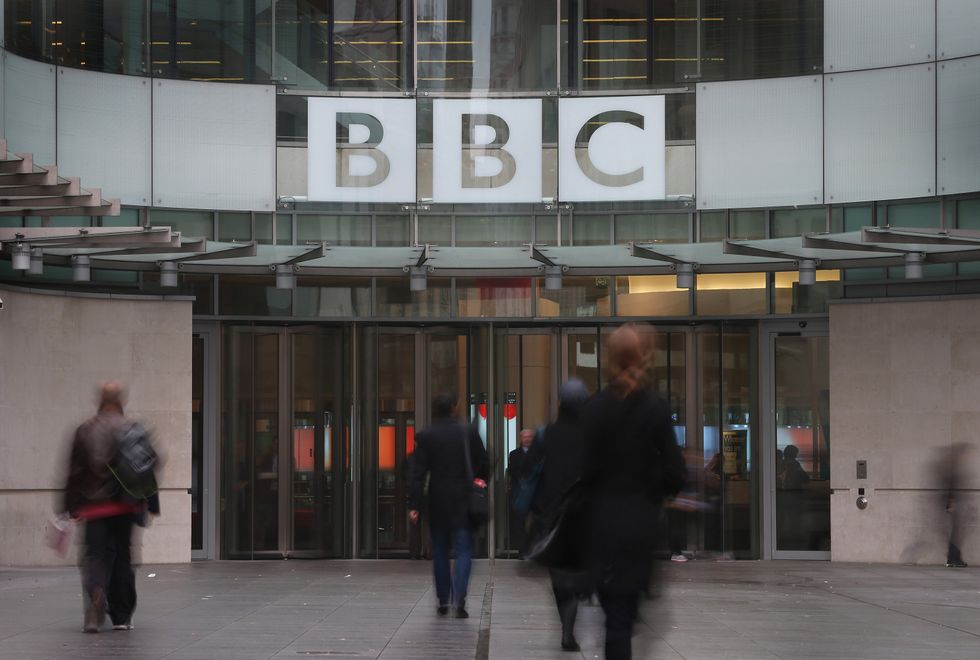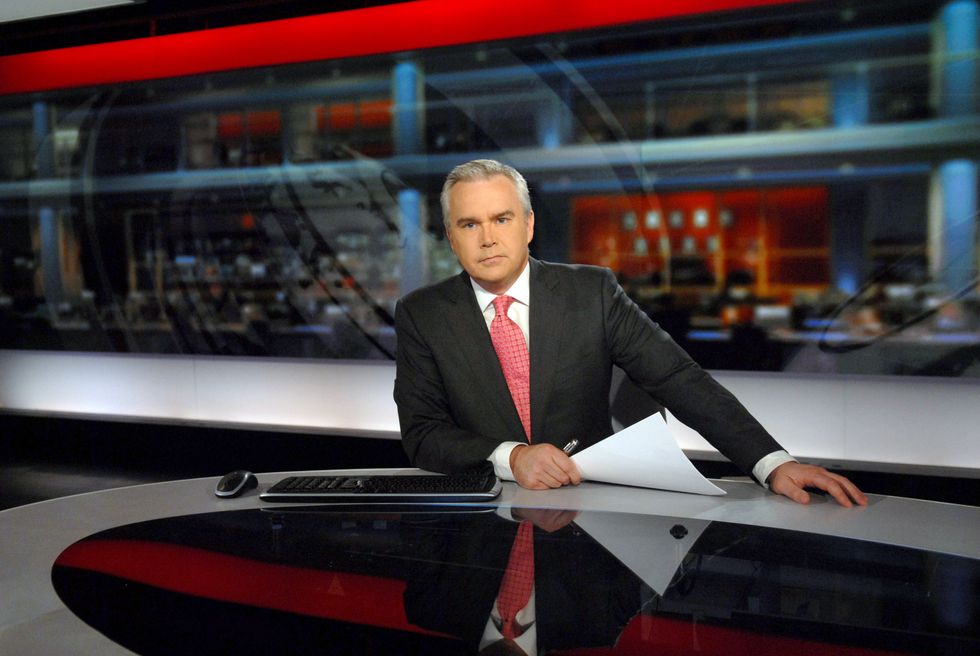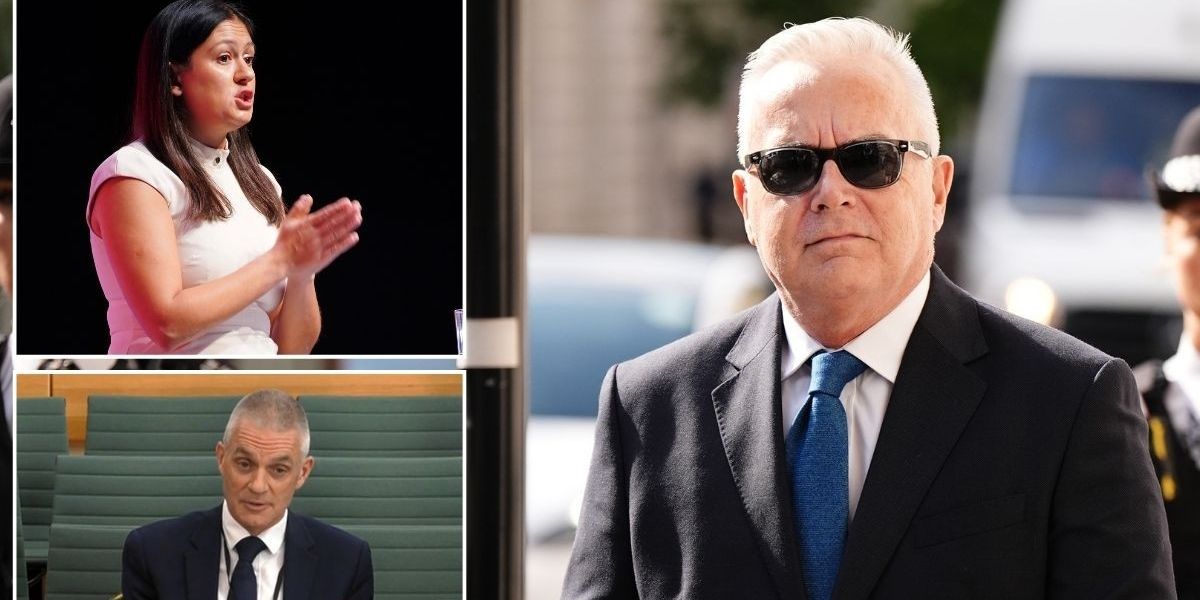Culture Secretary Lisa Nandy has read the riot act to BBC director-general Tim Davie as the broadcaster was urged to recoup money from Huw Edwards’ pension after the veteran presenter pleaded guilty to three counts of making indecent images of children.
Nandy spoke to the BBC boss to raise concerns about the corporation’s internal investigation and discuss what further action may be taken when it comes to the “handling of licence fee payers’ money”.
In a statement, a spokesperson from the Department for Culture, Media and Sport said: “The Culture Secretary is, like the whole nation, shocked by Huw Edwards’ abhorrent actions, and her thoughts are with the victims whose lives have been destroyed. It is now for the judiciary to decide on an appropriate sentence.
“The BBC is operationally and editorially independent, but given the incredibly serious nature of this issue, the Secretary of State has spoken to the BBC to raise concerns on a number of points regarding the handling of their own investigations into Huw Edwards, what safeguards and processes had been followed in this case, and additionally, what further action may be taken, especially with regard to the handling of licence fee payers’ money.
“She sought assurance that the BBC has robust processes in place regarding non-editorial complaints, and the handling of complex contractual matters, so that in future it can act at pace and be transparent with the public at the earliest opportunity to ensure trust is maintained.
“She has asked to be kept updated by the BBC on future developments in this particular case.”
Edwards, a 62-year-old father-of-five, admitted to making 41 indecent images, with seven being of the most serious type.
Despite being suspended by the BBC for a separate sexual misconduct scandal in July 2023, Edwards was the broadcaster’s best-paid journalist last year, raking in between £475,000 and £479,999.
LATEST DEVELOPMENTS:

BBC Broadcasting House
GETTY
The veteran presenter, who joined the BBC as a trainee in 1984, is likely to have been entitled to collect the old pension scheme, paying two-thirds of his final salary from the age of 60.
BBC pensions are partially funded by the £169.50 per household licence fee.
Davie, who has faced criticism on issues ranging from the BBC’s coverage of terror group Hamas to its Africa Editor becoming an expert witness in a gang rape deportation case, appeared to hint at Edwards keeping the stash.
Asked whether Edwards would still receive his pension, Davie said it was “very difficult to claw back, nigh on impossible”, adding: “These are unfortunately the specifics of how it works.
 Huw Edwards worked at the BBC for 40 years Getty
Huw Edwards worked at the BBC for 40 years Getty“When it comes to pay, again, [it’s] legally challenging [to recover], but we’ll look at all options.”
Davie was also forced to defend Edwards’ £40,000 pay rise in 2023, labelling the boost an “inflationary increase”.
However, only a handful of public-funded pension schemes can see members lose payments in extreme cases.
Wayne Couzens was among those to lose his public-funded pension after the Metropolitan Police stripped him of his pot following the murder of Sarah Everard.

